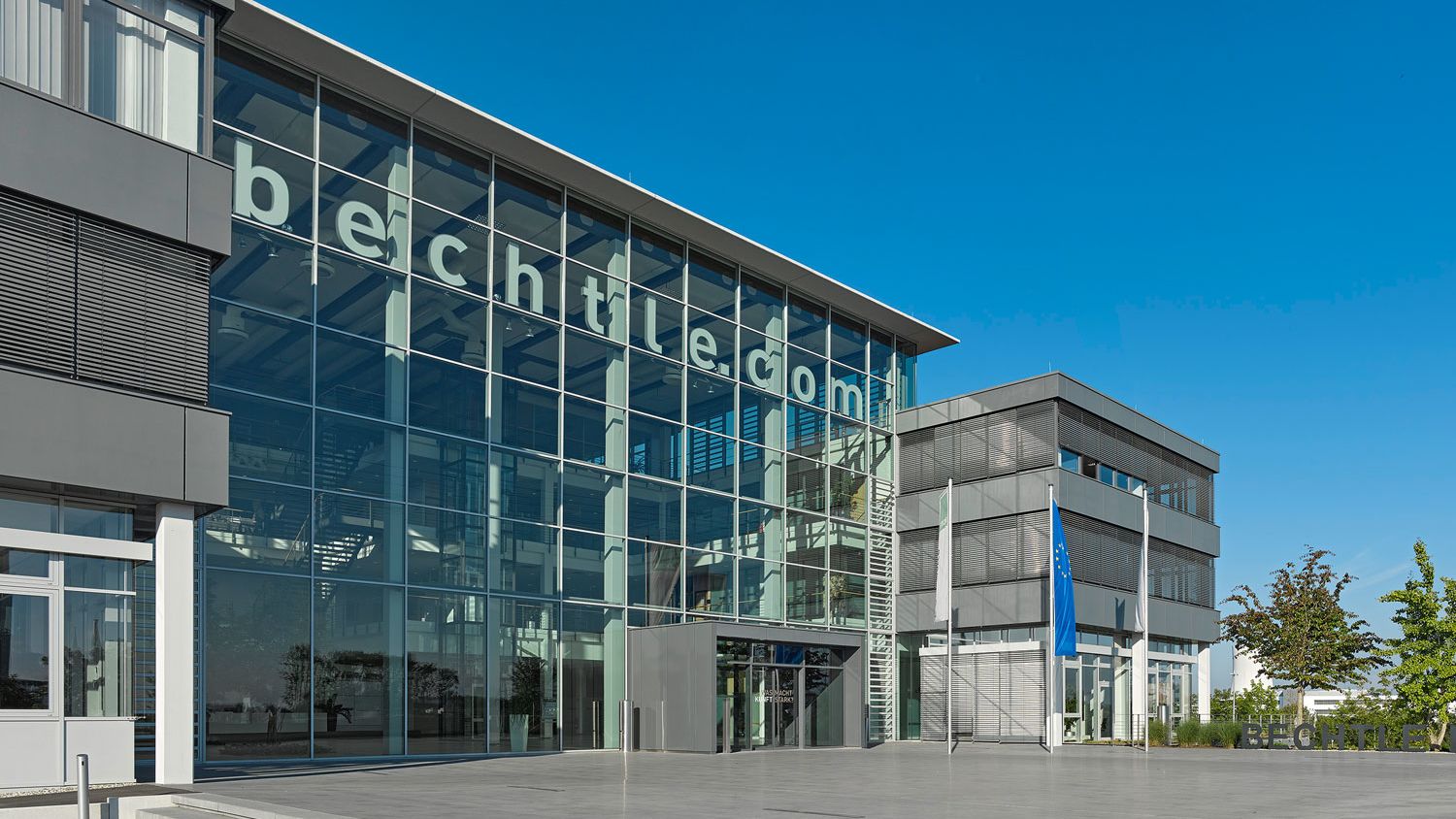The MSP ultimatum – specialise or die
How channel players can outmanoeuvre the existential threat they face today

This year will be challenging for businesses of all shapes and sizes. Success will come down to whether brands known exactly who their customers really are, and whether they can meet their ever-rising customer experience expectations.
In the hospitality and leisure sectors, the travel market will be shaken up by customers looking for 'transformational' experiences, turning the industry from mass-market package holidays to specialist getaways and breaks. The key to surviving, and thriving, here will be customisation, as individuals look for services tailored towards their particular interests.
All of this comes down to making customers happier, and driving loyalty by improving, and tailoring, the customer experience. This places huge pressures on businesses to interact with their customers better, and find employees who can make a positive impact on their services.
Many companies are now placing more focus than ever before on human capital, and creating a positive employee experience (EX) to encourage recruitment and staff retention. Recent research also shows companies that invest heavily in employees earn more than four times the average profit, and twice the average revenue compared to those that don't.
Focusing on customers, and the staff that play a part in serving them, will help organisations exceed their potential and, ultimately, grow - but managed service providers (MSPs) also have a crucial role to play in these businesses' evolution.
Supporting and creating growth
While companies focus on freeing up their staff for more creative and profit-generating tasks, demand for MSP's services will continue to grow. Companies will need IT support to carry out essential operational tasks and oversee IT infrastructure, which will help support and achieve business objectives and initiatives.
One such example is a project run by Flagship Housing, which required the right IT support executive effectively. Flagship owns, repairs and maintains 28,500 properties across East Anglia, providing social housing for people in need. The firm set out to provide an omni-channel tenant contact centre, which involved MSP support to provide a private wide area network and leased line services, as well as communication migration. This resulted in Flagship having a best-in-class platform supporting two contact centres - in turn supporting the thousands of tenants.
Stay up to date with the latest Channel industry news and analysis with our twice-weekly newsletter
MSPs should continue to focus on innovative solutions that can unlock future business growth, but they should also ensure that they continually innovate their service offering, and look at what they could do differently to grow their business - as well as their clients'.
Something new, something innovative, something niche
Identifying and targeting specific business verticals could be a differentiator for MSP businesses that currently don't tailor their business efforts at specific markets. Standardised technology offerings allow MSPs to develop expertise on the services they use, reducing the time and effort necessary to deploy and manage them, but tailoring service offerings to certain sectors (including retail and hospitality) could help generate new business opportunities.
One way to guarantee success is by having a clear understanding of the vertical markets these businesses operate within. MSPs should also have a strong understanding of the services their potential clients will want to provide in the future, so that they can provide specific recommendations and offerings that will help firms meet these business objectives. MSPs can also offer these wider, to companies with similar ambitions and growth plans - and thus grow their own bottom lines.
Ongoing education and certification is also crucial for MSPs to stay ahead of the curve and maintain a competitive edge. They must stay up-to-date on the workings of the industry, as well as how their clients are looking to grow. These may include methods such as meeting regularly with peer groups to share knowledge and seeking certification on specific technologies used to deliver services. Essentially, keeping informed will help MSPs ensure they always have an advantage against their rivals.
The migration to public cloud also presents a huge opportunity for MSPs. This is happening at a fast pace, but there are many applications that businesses yet can't migrate to the cloud. It's here that MSPs, looking to add value to their clients, could focus their efforts to boost business growth.
These applications are often tailored for certain businesses, and are designed to carry out a specific task, so it's vital that MSPs have advanced knowledge of what each application is, and why it's important to that customer. This knowledge will help MSPs manage the application more effectively, as well as unlock new growth potential in the future.
Ben Savage is sales and marketing director with Timico
-
 Gender diversity improvements could be the key to tackling the UK's AI skills shortage
Gender diversity improvements could be the key to tackling the UK's AI skills shortageNews Encouraging more women to pursue tech careers could plug huge gaps in the AI workforce
-
 Researchers claim Salt Typhoon masterminds learned their trade at Cisco Network Academy
Researchers claim Salt Typhoon masterminds learned their trade at Cisco Network AcademyNews The Salt Typhoon hacker group has targeted telecoms operators and US National Guard networks in recent years
-
 Accenture expands cloud transformation capabilities with Objectivity acquisition
Accenture expands cloud transformation capabilities with Objectivity acquisitionNews The platform engineering MSP will help Accenture’s European customers leverage “more open and adaptable platform models and services”
-
 Pax8 names SaaS veteran David Powell as new sales strategy chief
Pax8 names SaaS veteran David Powell as new sales strategy chiefNews The former Evo Security executive will work with MSPs to help strengthen their cyber security offerings
-
 Bechtle snaps up Tangible Benefit to expand UK market presence
Bechtle snaps up Tangible Benefit to expand UK market presenceNews German reseller announces its second UK buy in four months as it steams ahead with its international acquisition strategy
-
 Babble acquires award-winning Microsoft CSP TechQuarters
Babble acquires award-winning Microsoft CSP TechQuartersNews Cloud communications provider fends off competition from 20 other bidders to bolster its Microsoft capabilities
-
 Trustmarque hires NTT Data’s UK lead as its new CEO
Trustmarque hires NTT Data’s UK lead as its new CEONews Simon Williams will lead the IT solutions and services provider into its next phase of growth
-
 Wavenet set to acquire AdEPT for £50.3 million
Wavenet set to acquire AdEPT for £50.3 millionNews The combined business will become one of the UK’s largest managed service providers with revenues exceeding £200 million
-
 TD Synnex launches free security self-assessments for VMware partners
TD Synnex launches free security self-assessments for VMware partnersNews Partners can now offer clients three specially-designed surveys, worth tens of thousands, to help drive new business potential
-
 Node4 appoints Hannah Birch as managing director for digital services
Node4 appoints Hannah Birch as managing director for digital servicesNews Former Ensono and Accenture boss will work to strengthen the MSP’s partnership with Microsoft